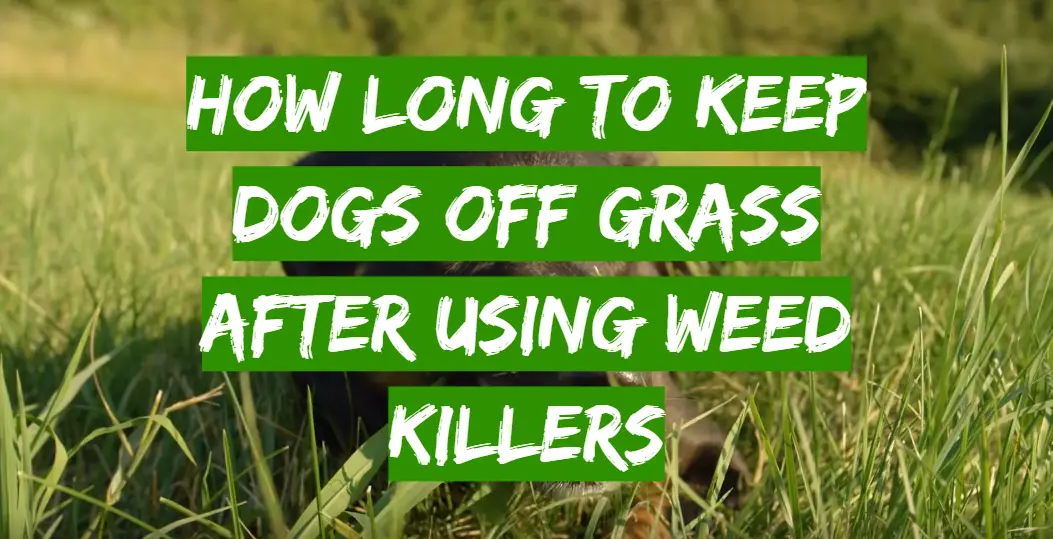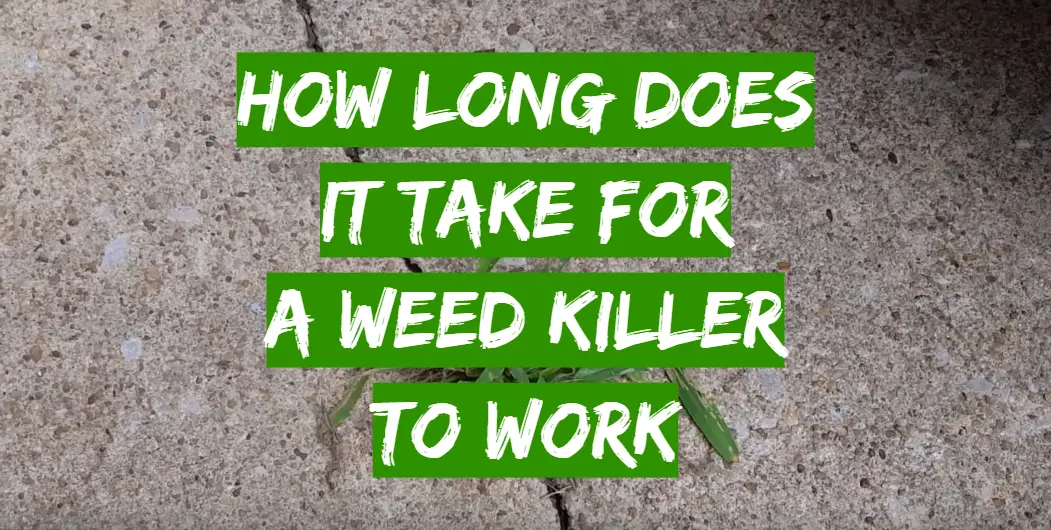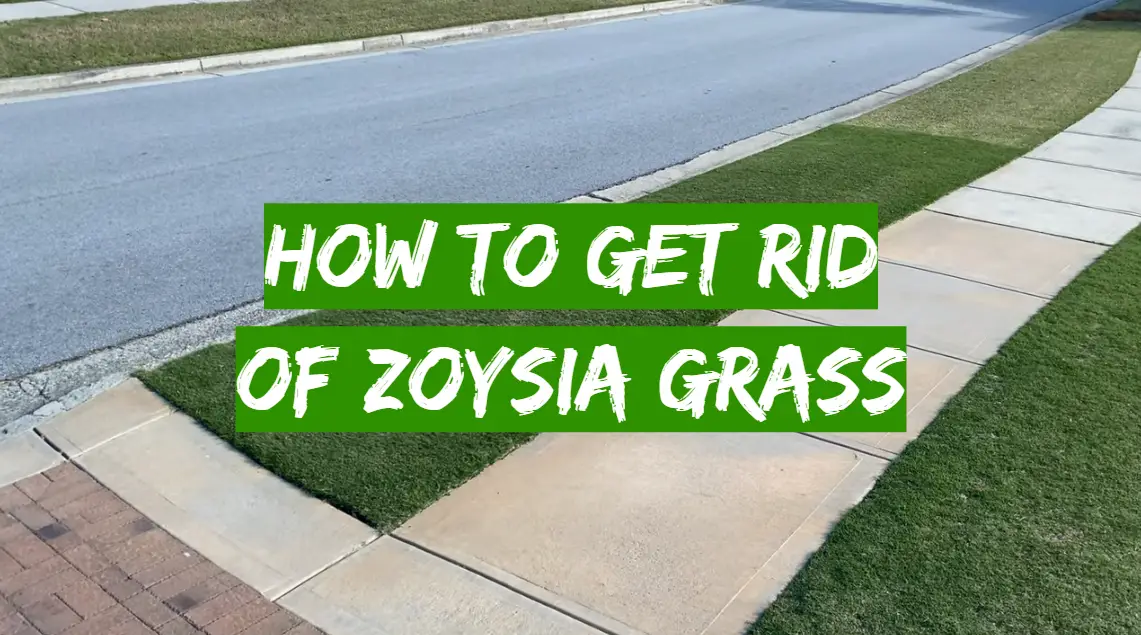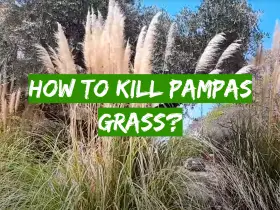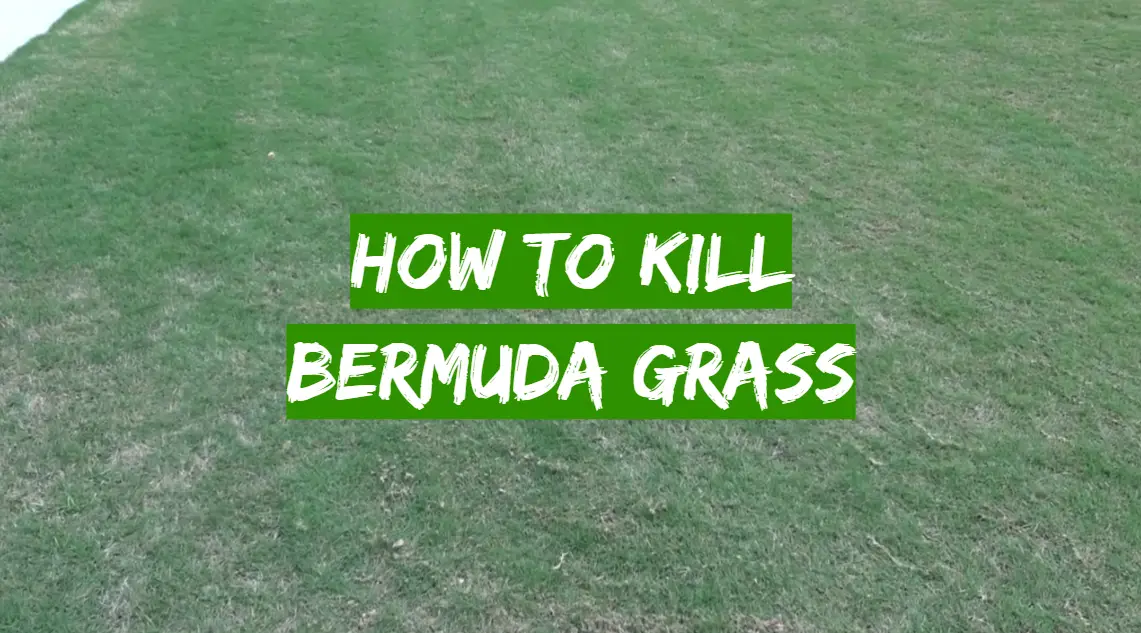So, do you need to destroy weeds in your garden or lawn? You carefully read the label and apply the products according to the instructions. Most herbicides need at least a few days to destroy the unwanted vegetation completely.
But how much time is required to keep people and pets off the lawn after using a weed killer? The majority of manufacturers do not place such information on the labels. In fact, experienced gardeners recommend keeping small children and pets away from the grass affected by a weed killer for 24 hours, at least. Experts insist that different herbicides act in a different way, so this period may change drastically. Anyway, you ought to consider a few things before letting your kids or pets on the lawn.
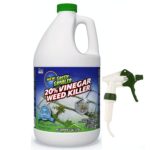 We like Green Gobbler Vinegar Weed Killer because it is the safest to use if you have children or pets. It contains 20 percent acetic acid, which is about four times as strong as vinegar.
We like Green Gobbler Vinegar Weed Killer because it is the safest to use if you have children or pets. It contains 20 percent acetic acid, which is about four times as strong as vinegar.Table of Contents
The effects of herbicides on lawns and gardens
Any herbicide is applied to the unwanted vegetation by spraying or spreading. Once it reaches the plant’s leaves, it penetrates its cells and reaches the root system. Such herbicides kill the plant from the root. These substances are called soil herbicides because the destruction of the plant comes from the inside. This type of herbicide has proven its worth in the fight against perennial weeds which root’s system is significantly developed.
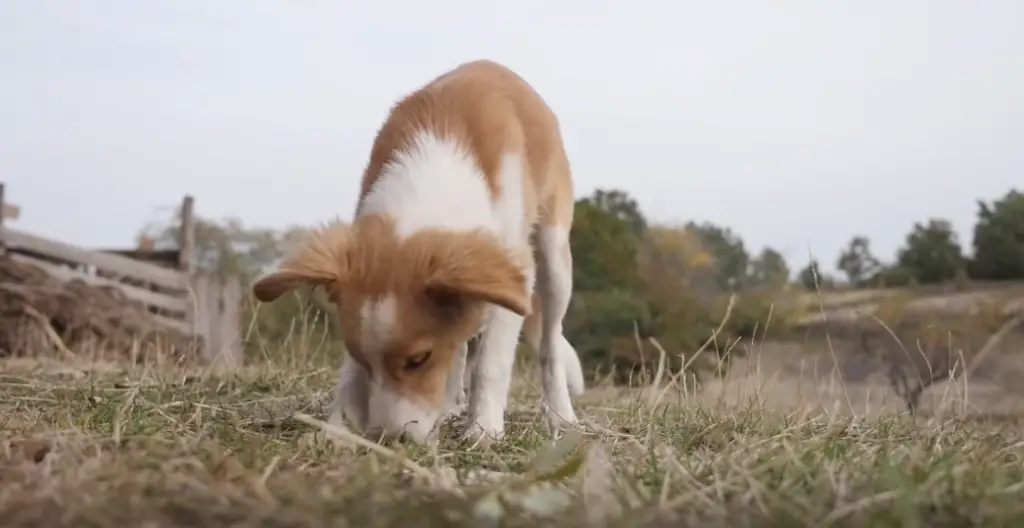
There are also contact herbicides. They only affect the green part of the plant. This type of herbicide does not fight the root system. The benefits of this type of herbicide are not that obvious.
Possible dangers of herbicides
Weed killers are real miracle preparations, which significantly help with weed control. But the use of herbicides in many people is a cause for concern. After all, it provides a chemical effect. As a rule, most herbicides contain chemical substances that do not hurt a human body or animals.
But there are also very dangerous herbicides! The proper concentration is everything at this point. Such products are stored in the ground for a short time, about a few weeks. At the end of that time, they are completely decomposed. But, not according to instructions, herbicides in large quantities in the ground can be stored for a long time. That is why you should follow the manufacturer’s instructions when using such herbicides.
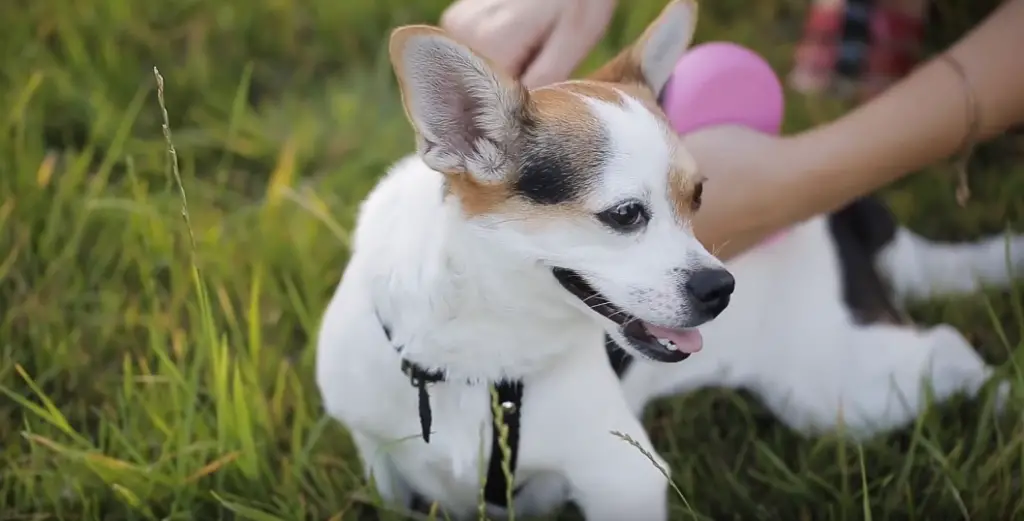
While running in the garden, pets and kids are often at risk due to the use of chemical fertilizers and herbicides. Our job is to keep pets and small children safe. For instance, the isolation of pets while the weed is applied and the careful monitoring of what they eat outside can help. Make sure that affected weeds won’t become the food of pets and wild animals. Such accidents won’t work out well.
There are two ways to keep a dog off the grass after a weed killer: never let your pet out for walks in an unsafe place or use the products that are safe for animals and small children.
The most dangerous components of herbicides for pets:
- Dimethylamine Salt;
- Methyl-4 Chlorophenoxyacetic Acid;
- Glyphosate is a very fast-acting contact herbicide. If pets come in contact with glyphosate, they may stomach upset, drool, become sleepy, lose their appetite;
- Diquat Dibromide is one more contact herbicide. This chemical is extremely dangerous to pets because it may cause cataracts in rats and dogs. Also, it may cause developmental effects in rabbits and rats;
Some minor ingredients in combination with glyphosate increase its toxicity multiple times. Of course, the tests for potential dangers of this herbicide have been conducted only on rats, but their results are not encouraging. In particular, animals exposed to the herbicides like Roundup have problems with reproducing a healthy offspring. There have been cases where traces of this particular weed killer in the soil have been found even a year after cultivation.
How long to keep dogs and kids off the grass after weed killers?
If you have no other choice but to apply chemical herbicides, then do make sure to keep your dog off the grass after a weed killer until the dusts from applying have settled. Chemical particles usually stick to the plants for 24 hours at least. So it is better to limit your pet’s or kid’s activity at least 24-30 hours after applying a herbicide.
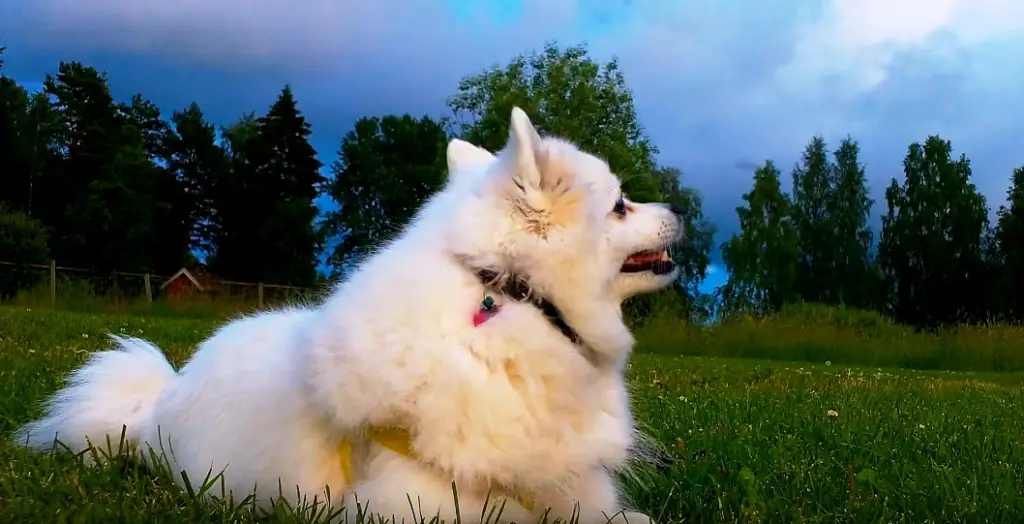
For instance, Roundup is totally safe for people and pets once it’s dried completely. But wet Roundup resides on grass and leaves may do a lot of harm to dogs, cats, and small children.
How fast do herbicides completely decompose?
Since glyphosate-based herbicides, such as Roundup, don’t affect seeds, lawn grass or vegetable crops can be sown immediately after destroying the weeds.
The decomposition of herbicides in the soil to safe compounds occurs due to the natural soil microorganisms. To accelerate their decomposition, it is possible to use special microbiological preparations that will help to grow more microorganisms. In cold and thin soil it may take up to six months to neutralize the effects of herbicides completely, but on the cultivated warmed soil the weed killer loses its activity after 3-4 weeks (follow the instructions).
Safety precautions when working with chemical herbicides:
- Use gloves;
- Use a respirator;
- Do not work against the wind;
- If herbicides get on yours, your pet’s or kid’s body, rinse the affected areas thoroughly with water;
- Never apply chemical products for weed control in flower beds, vegetable gardens or ornamental plants. Never use such herbicides around flowers, fruits or veggies;
Pet-friendly herbicides that can effectively kill weeds
An alternative to potential herbicides that may keep dogs on grass even after applying a weed killer are natural DIY remedies. They are not that effective compared to the chemical products, but much safer. These DIY solutions can help to cope with weeds:
- Boiling water. If you have areas that need to be massively cleaned of weeds, try boiling water. This method is good for cleaning yards, paths and sidewalks. Also, it is also suitable for destroying overgrown plants that you do not need. Spray such weeds with boiling water and they will be finally destroyed. But be careful, boiling water kills all affected plants, not just weeds;
- Vinegar works well as a natural herbicide and it is harmless to animals and people. All you have to do is spray it on the plants that need to be destroyed. For some strong weeds, you’ll ought to apply vinegar several times;
- Salt. In small doses, it acts as a fertilizer, but in large doses it works as a herbicide. If you have the lawn or garden areas that you want to clean from some weeds, spread the salt. But, it will make the soil unsuitable for other plants to grow;
- Sugar is also a pet-friendly herbicide. When used, it makes the soil unsuitable for weed growth for a short time. Its use is very convenient for the destruction of large weeds, growing trees and shrubs that are difficult to pull out. Simply pour in a strong sugar solution of the shoots that you want to destroy. To protect the area from pests, mix sugar with the equal parts of chili pepper. The pepper will hold back any possible pests;
- Cornmeal. Sometimes the most effective herbicides are those that stop the unwanted weeds before they appear. Cornmeal contains the chemicals that prevent weed seeds from germinating. Sprinkle cornmeal on the areas where you want to stop the weeds from growing;
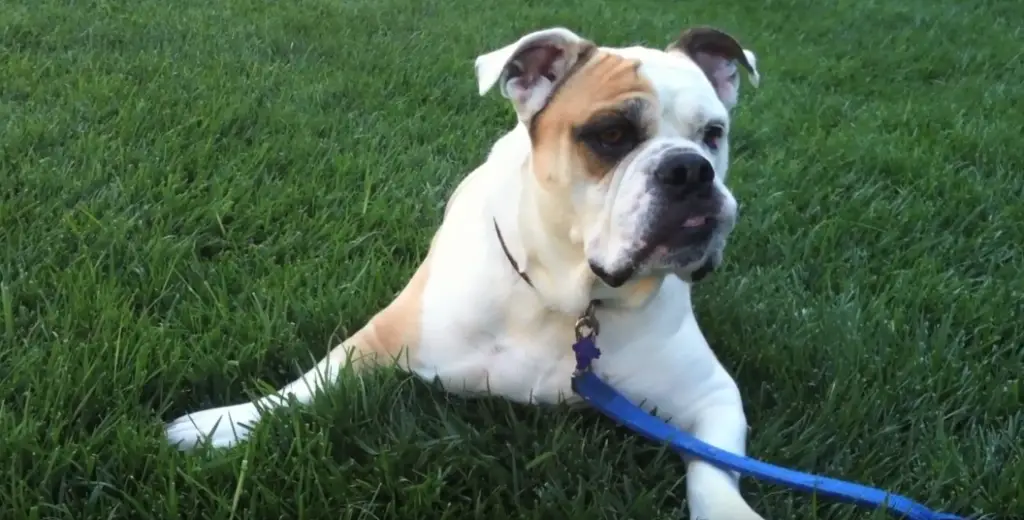
Natural weed killers can be safely combined. To achieve the maximum effect, simply mix them. If the mixture is liquid and you use a sprayer, you may add some soap or detergent.
FAQ
What are some tips for keeping your pet safe after using weed killers?
The best way to keep your pet safe after using weed killers is to follow the instructions on the product label. The majority of items will advise that your pet should be kept off the treated surface for a specific length of time, usually 24 to 48 hours. You should also wash your hands thoroughly after utilizing any weed-killing chemicals.
Are there any natural weed killers that are safe for pets?
Yes, there are a few natural weed killers that are considered safe for pets. Some of these include vinegar, salt, and lemon juice. You can also find commercial products that are made with natural ingredients and are safe for pets. However, it is always best to read the label carefully to make sure that the product is safe for your particular pet.
The bottom line is that, when it comes to using any sort of weed killer around your pets, you should always be cautious. If you have any concerns, consult with your veterinarian before using any products. They will be able to advise you on the best course of action to take.
Can I use weed killer if I have a dog?
Yes, you can use weed killer if you have a dog. However, you need to take some precautions to make sure that your dog does not come into contact with the weed killer. You should always read the labels of the products that you are using and follow the directions carefully. Most weed killers will have a designated waiting period before it is safe for your dog to walk on the treated area. This is usually 24 hours, but it could be longer or shorter depending on the product. Also, keep an eye on your dog to ensure that he does not consume any plants sprayed with weed killer. If you are unsure about anything, you can always ask your veterinarian for advice.
Is Roundup safe for dogs after drying?
The short answer is no. Even after the product has dried, it can still be harmful to dogs if they come into contact with it. Roundup (glyphosate) is a herbicide that stops plants from producing amino acids by disrupting their ability to do so. It is absorbed through the leaves and translocated to the roots where it inhibits plant growth. Dogs are susceptible to the same effects if they ingest glyphosate or come into contact with it on their skin. Symptoms of glyphosate poisoning in dogs include vomiting, diarrhea, lethargy, loss of appetite, and tremors. If you suspect your dog has been exposed to Roundup, contact your veterinarian immediately.
How long does weed killer stay toxic?
The average half-life of Glyphosate (the most common chemical in weed killers) is 24 to 78 hours. However, this can vary depending on the type of soil, how much rainfall there has been, and other conditions.
In other words, it’s best to keep your dogs off grass for at least 24 hours, but no more than 78 hours, after using weed killer. However, it’s always better to be safe than sorry and give yourself a little extra time if possible.
If you have any concerns about your dog’s safety, please consult with your veterinarian.
When can pets go on the lawn after weed and feed?
The length of time your pet needs to stay off the lawn after you’ve applied weed and feed products depends on the specific product you’re using. Most products will recommend that you keep your pets off the lawn for at least 24 hours, but some may require up to 48 hours. If you’re unsure, it’s always best to err on the side of caution and give your lawn a full day or two to dry completely before letting your pet back on it.
In general, it’s best to wait until the weed killer has had time to work (usually a few days) before applying any sort of fertilizer, herbicide, or pesticide. This gives the chemicals time to do their job without being diluted or washed away by rain or irrigation. After you’ve applied any of these products, be sure to read the label carefully and follow all instructions for safe use, including how long to keep pets off the lawn.
What if my dog licks Roundup?
If your dog licks Roundup, the first thing you should do is call your veterinarian. Dogs can become sick if they consume glyphosate, the active ingredient in Roundup. Symptoms of glyphosate toxicity in dogs include vomiting, diarrhea, excessive drooling, and lethargy. If your dog is displaying any of these symptoms, please seek veterinary care immediately.
In most cases, dogs will recover from glyphosate toxicity with supportive care such as IV fluids and close monitoring. However, if left untreated, glyphosate toxicity can lead to more serious health problems such as kidney damage or even death.
How long is Roundup toxic to dogs?
The short answer is that Roundup is not toxic to dogs. However, it is important to keep your dog off the treated area for at least 24 hours after application. This will give the Roundup time to work and prevent your dog from coming in contact with the chemicals. If you have any concerns, consult with your veterinarian.
Weed killers are designed to kill plants, so it’s important to be careful when using them around pets. Dogs are especially vulnerable because they’re low to the ground and their fur can absorb chemicals more easily than other animals. The best way to protect your dog is to keep them away from areas that have been recently sprayed with weed killer. Most products will have specific instructions on how long you should keep pets off the treated area. Following these directions will help to keep your pet safe and healthy.
How toxic is weed and feed to dogs?
Weed and feed products are a combination of herbicides and fertilizers. The herbicide portion of the product is generally more toxic than the fertilizer. However, both the herbicide and fertilizer can be toxic to dogs if ingested in large enough quantities. Symptoms of toxicity from weed and feed products include vomiting, diarrhea, drooling, weakness, tremors, and seizures. If you think your dog has ingested a weed and feed product, contact your veterinarian or local animal emergency clinic immediately.
What happens if a dog walks on pesticide treated grass?
If your dog walks on pesticide-treated grass, they may experience irritation to their paws. In more severe cases, they may suffer from poisoning if they ingest the chemicals. If you suspect your dog has been poisoned, contact your veterinarian immediately.
There are a few things you can do to prevent your dog from walking on pesticide-treated grass:
- Keep them on a leash when outside
- Create a physical barrier between your yard and the treated area (e.g., fence)
- Monitor them closely when they’re outside so you can quickly remove them if they start to walk on the treated grass
Final thoughts
The drying time of herbicides depends on their contents and weather conditions. Double check the affected area – it must be completely dry before letting dogs on grass after a weed killer. If your pets prefer eating the plants, never use chemical herbicides. Pets may become sick. If possible, use all-natural remedies for destroying the unwanted plants.

